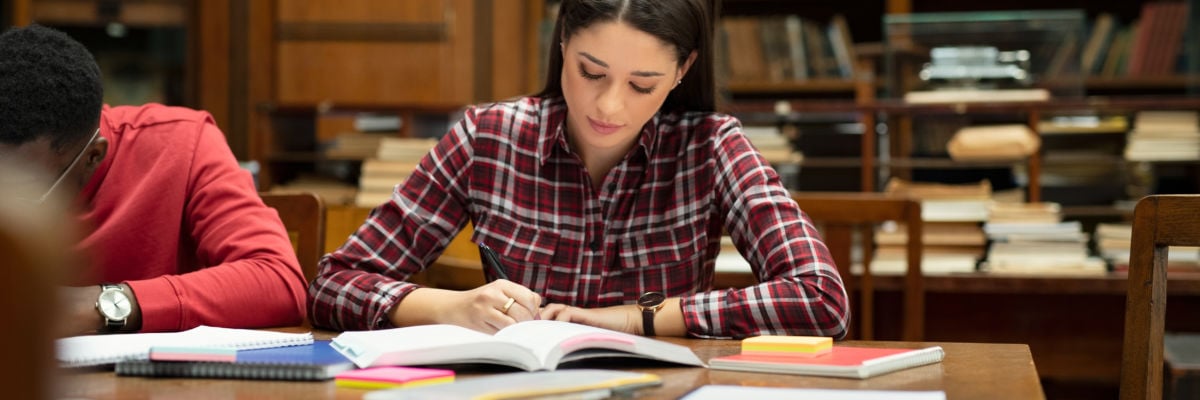
Question:
Answer:
It’s certainly not intrinsically evil to study on a Sunday, although students should strive to avoid studying if possible. And yet, having a paper due—or an exam to be taken—on a Monday might require studying on Sunday to one extent or another, including because some activities on Friday and Saturday might preclude one from studying sufficiently in advance of Sunday. Such studying can come under the traditional guidelines of “necessary servile work,” which can apply to some jobs, such as that of a police officer, since law enforcement can’t take a day off in our fallen world.
In short, the faithful must fulfill their Sunday obligation in participating in Mass. In addition, they should also observe the distinctive nature of Sunday regarding its being a day of rest, relaxation, and spiritual reflection. The Church summarizes its teaching regarding work—of which studying is a type—this way:
On Sundays and other holy days of obligation, the faithful are to refrain from engaging in work or activities that hinder the worship owed to God, the joy proper to the Lord’s Day, the performance of the works of mercy, and the appropriate relaxation of mind and body. Family needs or important social service can legitimately excuse from the obligation of Sunday rest. The faithful should see to it that legitimate excuses do not lead to habits prejudicial to religion, family life, and health.
The charity of truth seeks holy leisure—the necessity of charity accepts just work (CCC 2185, footnotes omitted).
So Christians should be vigilant about the Lord’s Day and yet also avoid scrupulosity and its debilitating effects for an individual and their loved ones. For more on this subject, see the Church’s treatment on the Third Commandment (CCC 2168ff.). See also these Catholic Answers presentations here and here regarding observing the Lord’s Day.



